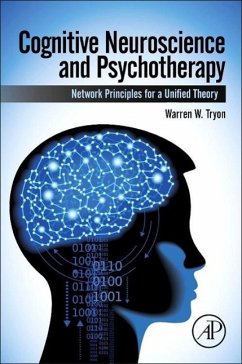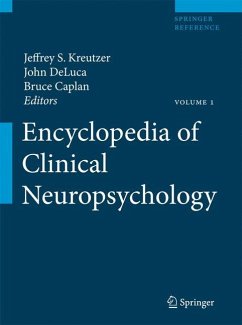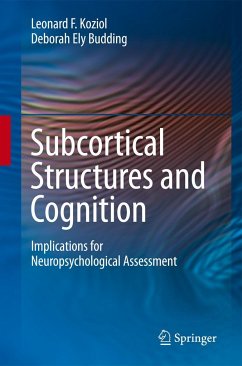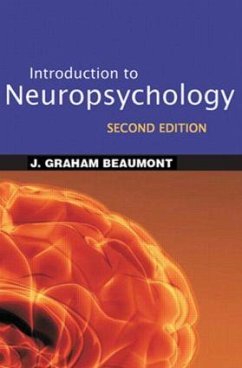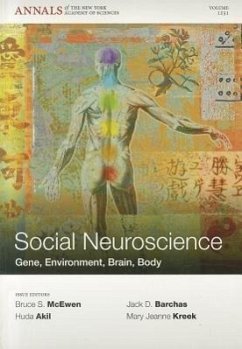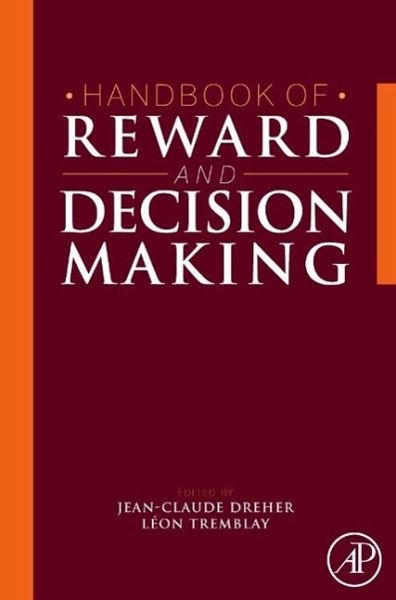
Handbook of Reward and Decision Making

PAYBACK Punkte
59 °P sammeln!
This book addresses a fundamental question about the nature of behavior: how does the brain process reward and makes decisions when facing multiple options? The book presents the most recent and compelling lesion, neuroimaging, electrophysiological and computational studies, in combination with hormonal and genetic studies, which have led to a clearer understanding of neural mechanisms behind reward and decision making. The neural bases of reward and decision making processes are of great interest to scientists because of the fundamental role of reward in a number of behavioral processes (such...
This book addresses a fundamental question about the nature of behavior: how does the brain process reward and makes decisions when facing multiple options? The book presents the most recent and compelling lesion, neuroimaging, electrophysiological and computational studies, in combination with hormonal and genetic studies, which have led to a clearer understanding of neural mechanisms behind reward and decision making. The neural bases of reward and decision making processes are of great interest to scientists because of the fundamental role of reward in a number of behavioral processes (such as motivation, learning and cognition) and because of their theoretical and clinical implications for understanding dysfunctions of the dopaminergic system in several neurological and psychiatric disorders (schizophrenia, Parkinson's disease, drug addiction, pathological gambling, ...)





